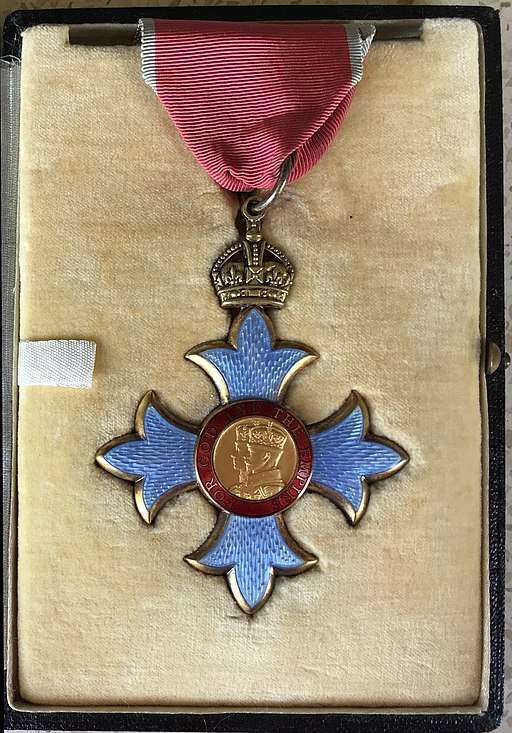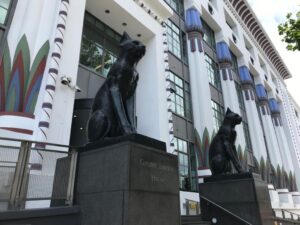A unique aspect of the United Kingdom’s rich history: the Honours System established by King George V. Known formally as The Most Excellent Order of the British Empire, this system, initiated over a century ago, has recognized countless individuals for their outstanding contributions to the nation and the world.
This system, however, is more than just a tradition. It’s a reflection of societal evolution, democratic ideals, and a nation’s gratitude towards its remarkable citizens. From its inception in the midst of World War I, through notable recipients and instances of declined or rescinded honours, to its modern-day significance and impact, we delve into the fascinating story of King George V’s honours system.
So whether you are a history enthusiast, interested in the British monarchy, or curious about the country’s rich tapestry of societal recognition, this blog post will provide a fascinating journey into the enduring legacy of the Honours System of George V.
The Inception of the Order
The Order of the British Empire was founded by King George V in 1917, amidst the turmoil of World War I. The intention was to fill a gap in the British honours system by recognising the contributions of individuals who were not on the frontline. This included civilians and military personnel who were contributing to the war effort at home and abroad, in ways that weren’t necessarily related to combat.
King George V recognised that thousands of people, from all walks of life, were making significant contributions to society, and he wanted an honour that was accessible to everyone, regardless of class or background. This was a break from traditional orders of chivalry which were often awarded based on birthright or military rank.

The Honours and Awards
The Order of the British Empire comprises five classes of appointment: Knight and Dame Grand Cross (GBE), Knight and Dame Commander (KBE and DBE), Commander (CBE), Officer (OBE), and Member (MBE). These honours are awarded twice a year: at New Year and in mid-June on the date of the Queen’s official birthday.
Recipients are selected for their outstanding contributions to the community in various fields including the arts, science, charity, and public service. Some notable recipients over the years include scientist Stephen Hawking (CBE), author J.K. Rowling (OBE), actress Helen Mirren (DBE), and singer-songwriter Paul McCartney (MBE).
The Controversies and Refusals
While many are honoured to be recognised, not all have accepted the distinction. There are several reasons for this, ranging from political objections to personal beliefs.
For example, poet Benjamin Zephaniah publicly declined an OBE in 2003, stating that it reminded him of “thousands of years of brutality” and the British Empire’s role in the slavery trade. Other notable individuals who have declined the honour include film director Danny Boyle, author Roald Dahl, and artist L.S. Lowry, who holds the record for declining the honour more times than any other individual.
Moreover, there have been instances where the award has been stripped due to disreputable behaviour or criminal activity, most famously in the case of media mogul Robert Maxwell and the notorious art forger Tom Keating.
The Legacy of the Order
Despite these controversies, The Most Excellent Order of the British Empire remains one of the most recognisable honours worldwide. Over the last century, it has evolved to better represent the society it serves, with a marked increase in the diversity of those recognised.
The Order of the British Empire reflects the democratic ideals King George V intended when he founded it over a century ago. By recognising the achievements and services of extraordinary individuals across various walks of life, it celebrates the collective effort it takes to build and sustain a society. The Order thus remains a significant part of King George V’s legacy, a testament to the contributions of the many to the success and progress of the United Kingdom and beyond.
Hear more about the Honours System London History Podcast Episode 114: Buckingham Palace




